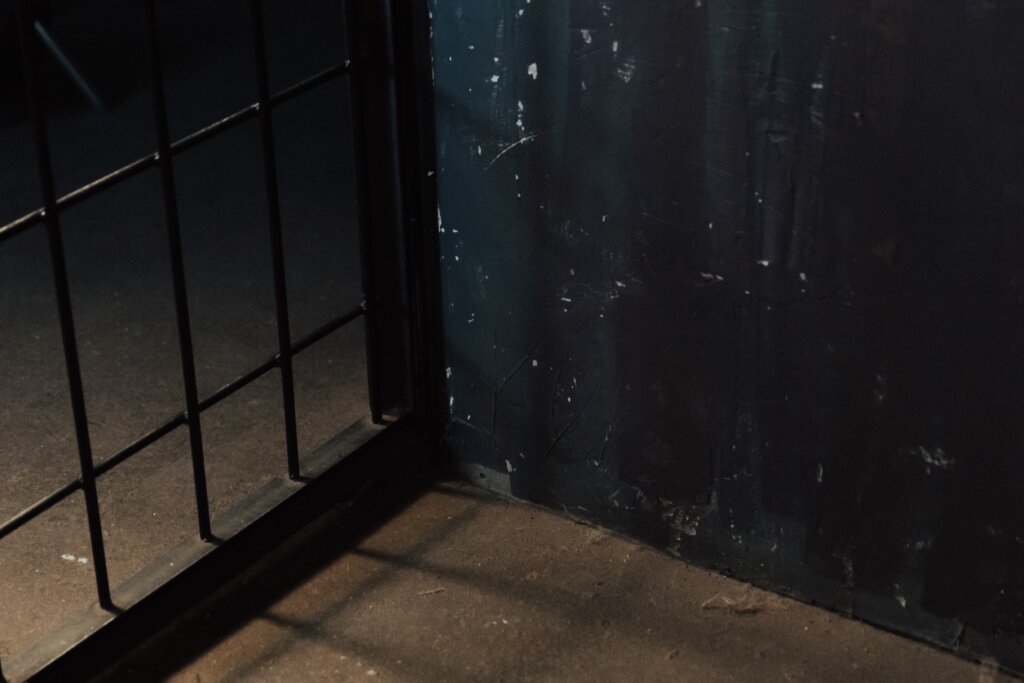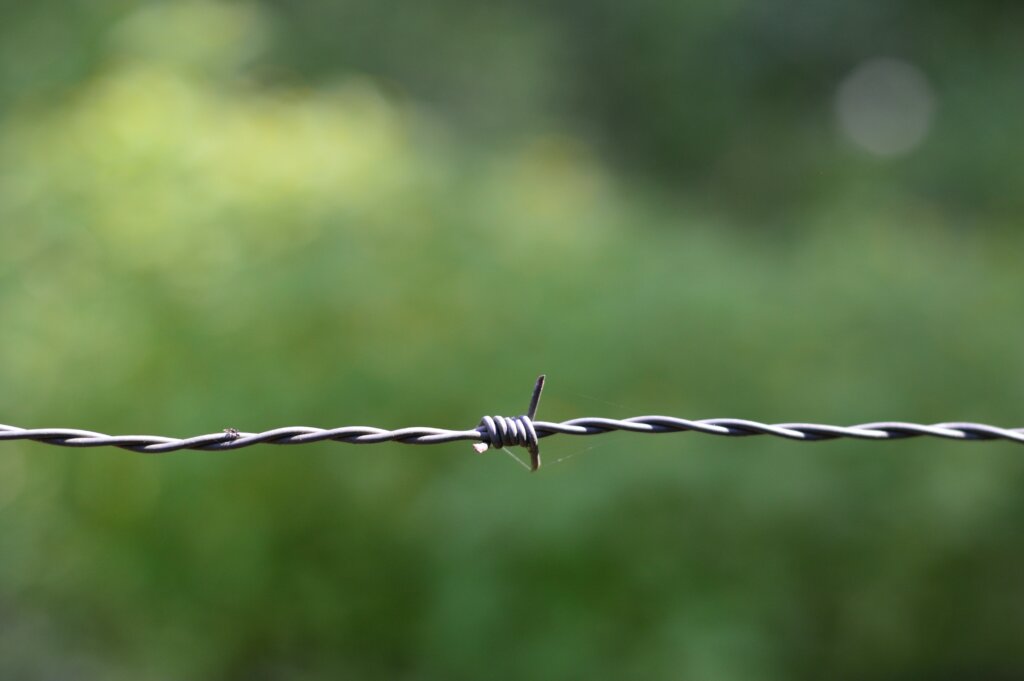Refugees in the world today
To know how best to support refugees, we first need to understand more about what they are experiencing. Read on to find out about lives of refugees today.
Why do people become refugees?
At the end of 2021, 89.3 million people had been forcibly displaced from their homes as a result of war, persecution, conflict, or human rights violations. The UN also believes that more than 1 million children were born as refugees between 2019 and 2020.
In addition, in 2020 it is estimated that 30 million people became climate refugees – compelled to move by intolerable climatic conditions.

Where do refugees go?
Four in five refugees (79%) find sanctuary in their neighboring country.
10 out of 193 countries host more than half the world’s refugees.
Germany and the continents of Africa and Asia make up or include 9 of those 10 countries.

What do they experience?
It is worth remembering that the decision to leave often has to take place very suddenly. This makes it difficult for a refugee or refugee family to bring supplies and documentation.
Once en route, refugees will use any of the means available to them – walking, boat, train, or vehicle. Occasionally, refugees might try to stow away in a plane – often with devastating consequences.
Unless they can access international support and find a safe route to asylum and assuming they escape interception, refugees will often be greeted with violence, hostility, and torture at a national border. At the very least they will experience interrogation about their status. Many are submitted to detention.

Detention
Although the UN High Commission for Refugees states that detention should only ever be used as a last resort, detention is widely practiced – often inhumanely.
Prolonged detention of refugees lead to mental health issues including depression, despair, hopelessness, and suicidal urges. Many detention centres practice forced separation of families and subject refugees to appalling conditions. Incidents of rape and violence are not uncommon.

The barring of entry
Some countries are increasingly looking at ways to escape their international responsibilities to support those seeking asylum. In the UK, for example, a new piece of legislation aims to make it illegal for anyone to claim asylum in the UK having crossed the Channel by boat. The closing of safe routes to asylum coupled with the increased funding of border police has led to an progressively more hostile experience for refugees at country borders.

